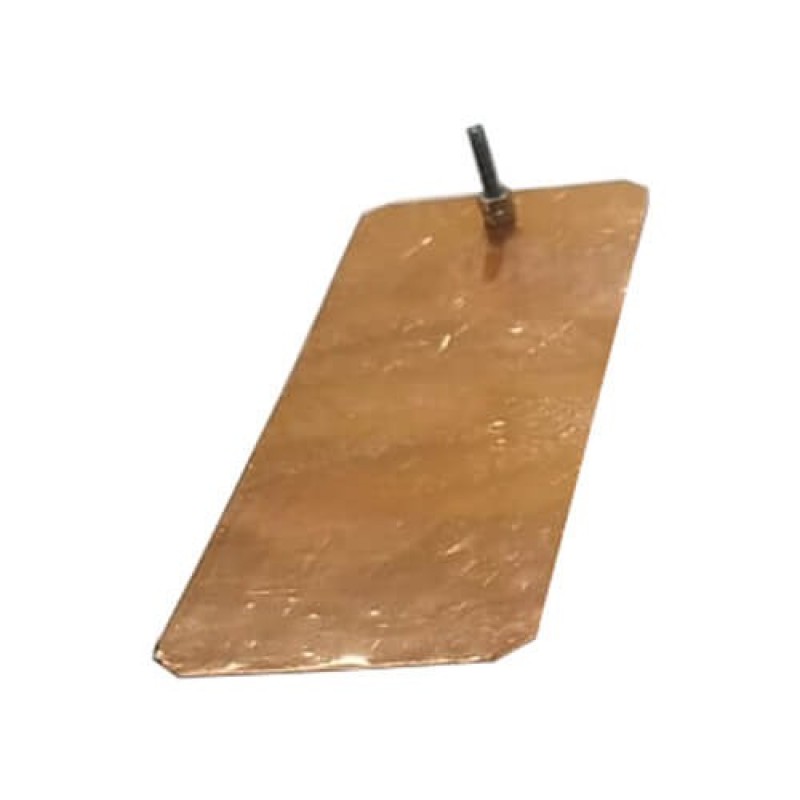
Price :
৳250
Estimated Shipping Time: 2 to 3 days
Uses: Electrochemical Cell , Electrode Reactions
Product SKU: 2xW26524s73
A copper plate is a flat piece of copper used in electrochemistry experiments as an electrode. It is highly conductive and has excellent resistance to corrosion, making it ideal for various electrochemical applications. Copper plates can vary in size and thickness, depending on the specific needs of the experiment.
Corrosion Resistance: Copper plates are resistant to corrosion, ensuring longevity and reliability in experiments.
Malleability: The malleability of copper allows it to be shaped into various forms, making it adaptable for different experimental setups.
Chemical Stability: Copper is chemically stable in various solutions, which is essential for consistent experimental results.
Temperature Tolerance: Copper can withstand a wide range of temperatures, making it suitable for various electrochemical processes.
No Review Found.
Login To Comment